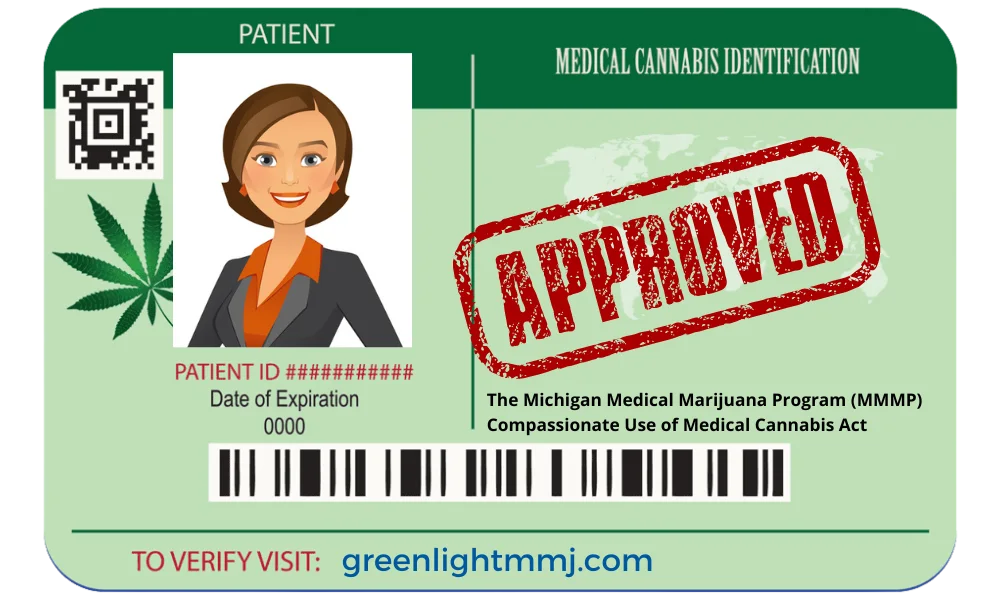Discovering the Diverse Use Medical Marijuana in Modern Medicine
In the realm of modern medicine, the expedition of clinical marijuana has actually revealed a range of prospective applications that prolong far beyond its traditional usage. From discomfort monitoring to neurological conditions, the adaptability of marijuana in attending to different health and wellness conditions has actually ignited the interest of medical care specialists and scientists alike. As we navigate through the detailed landscape of clinical cannabis in contemporary medical care, it comes to be apparent that its diverse usages hold assurance for cutting-edge therapeutic treatments.
Pain Management
Discomfort administration using clinical cannabis has amassed increasing interest in the area of healthcare because of its possible efficacy in supplying alleviation for various types of acute and chronic discomfort problems. The cannabinoids present in medical marijuana, specifically tetrahydrocannabinol (THC) and cannabidiol (CBD), are known for their analgesic residential or commercial properties. These substances interact with the endocannabinoid system in the body, which plays an important function in managing pain feeling.

As even more research is carried out and guidelines advance, clinical cannabis might potentially play a much more considerable function in the multimodal technique to discomfort monitoring in healthcare.
Epilepsy Treatment
Exploring the efficiency of medical cannabis in taking care of epilepsy has shown encouraging results in boosting seizure control and high quality of life for clients with treatment-resistant kinds of the problem. In recent years, research study into the usage of medical marijuana, particularly substances like cannabidiol (CBD), has gained interest for its potential healing benefits in epilepsy monitoring.
Research studies have actually suggested that CBD, a non-psychoactive component of marijuana, might help in reducing seizure frequency and severity in specific types of epilepsy. The specific devices of how CBD communicates with the brain to regulate seizures are still being examined. The existing information suggests that medical cannabis could be a beneficial enhancement to the treatment choices available for individuals with refractory epilepsy. As more research unravels, the function of clinical marijuana in epilepsy therapy remains to be a location of energetic exploration in the clinical area.
Anxiety Relief
Research study researches have demonstrated the capacity of clinical marijuana in providing relief for individuals experiencing anxiousness problems. Anxiety is a common mental health and wellness problem that influences numerous individuals worldwide. Traditional treatments for anxiety, such as therapy and medication, may not always work for everybody. This has actually led scientists to check out alternate choices, consisting of clinical marijuana.
Cannabis includes compounds called cannabinoids, which interact with the body's endocannabinoid system. This system plays an essential role in managing numerous physical processes, including state of mind and anxiety actions. By targeting the endocannabinoid system, medical cannabis might assist minimize symptoms of anxiety.
Researches have actually shown that particular cannabinoids, such as cannabidiol (CBD), have anxiolytic properties, suggesting they can lower stress and anxiety levels. CBD is non-psychoactive, unlike tetrahydrocannabinol (THC), an additional cannabinoid discovered in cannabis. This makes CBD an appealing option for individuals looking for stress and anxiety alleviation without experiencing the psychedelic effects typically related to marijuana use.
Cancer Cells Symptom Control
Given the appealing effects of her response clinical cannabis on stress and anxiety relief, its possible application in helping take care of symptoms related to cancer cells is an area of enhancing interest amongst researchers and health care professionals. Cancer cells people often experience various stressful signs such as pain, nausea, anorexia nervosa, and sleep problems because of the illness itself or the adverse effects of treatment. Clinical marijuana, with its substances like THC and CBD, has shown pledge in reducing these signs.
Pain management is just one of the most commonly acknowledged benefits of medical cannabis in cancer care. Research studies have actually indicated that cannabis can aid reduce pain levels, enhancing the top quality of life for patients going through cancer cells treatment. Furthermore, marijuana has antiemetic buildings that can aid in decreasing queasiness and throwing up, usual negative effects of radiation treatment. Furthermore, its capability to promote cravings can be advantageous for patients experiencing fat burning as a result of cancer cells or its therapies.
Neurological Problems Support

In epilepsy, as an example, CBD has been researched for its possible to minimize the frequency and severity of seizures in patients that do not respond well to traditional anti-seizure medicines. THC has revealed pledge in minimizing muscle spasticity and discomfort in individuals with numerous sclerosis. Individuals with Parkinson's disease have actually reported enhancements in electric motor signs such as tremors and strength after utilizing clinical cannabis.
While even more research study is required to completely understand the systems and long-term impacts of medical marijuana on neurological disorders, present evidence recommends that it could be a useful addition to standard therapy choices for people seeking signs and symptom relief. (Medical Cannabis Card)
Conclusion
In final thought, medical cannabis has actually demonstrated its performance in various medical applications, consisting of discomfort management, epilepsy therapy, anxiousness relief, cancer signs and symptom control, and support for neurological conditions. The varied uses medical cannabis in contemporary medication emphasize its possible as an important tool for medical care specialists in improving client results and top quality of life. Further research and exploration of its restorative advantages are called for to totally recognize and harness its medicinal homes.
Discomfort monitoring making use of clinical marijuana has actually amassed increasing attention in the field of healthcare due to its potential efficacy in jackson medical center providing relief for various types of intense and persistent discomfort problems.Researches have actually revealed appealing results concerning the use of medical cannabis in alleviating neuropathic pain, joint inflammation, migraine headaches, and various other types of discomfort that are commonly challenging to treat with conventional medicines. Clients who have actually not reacted well to traditional pain management approaches might discover relief with clinical marijuana. As additional research visit this site study unfolds, the duty of clinical cannabis in epilepsy therapy proceeds to be an area of active expedition in the clinical community.
In conclusion, clinical cannabis has shown its efficiency in various clinical applications, consisting of pain monitoring, epilepsy treatment, anxiety alleviation, cancer symptom control, and assistance for neurological disorders. (Medical Cannabis Card)